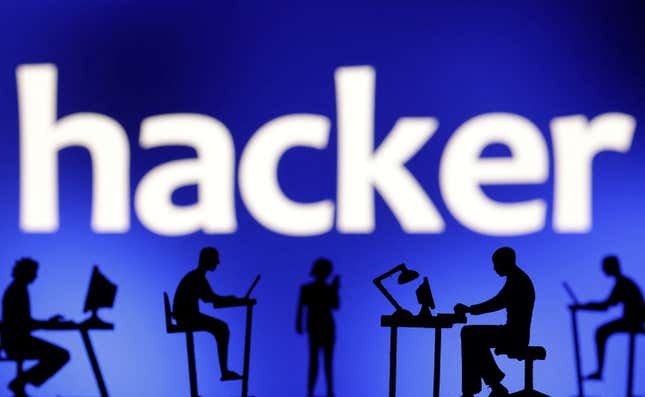Gus Scacco, chief executive officer and chief investment officer of Hudson Valley Investment Advisors, spoke with Quartz for the latest installment of our “Smart Investing” video series.
Watch the interview above and check out the transcript below. The transcript of this conversation has been lightly edited for length and clarity.
ANDY MILLS (AM): Last week, Nvidia blew earnings out of the water. What do we expect next?
GUS SCACCO (GS): They’re the ones that are the building blocks that’ll allow infrastructure to be built. So you have them and the cloud providers. The next thing is gonna be implementation. And we can talk to a lot of companies that are starting to implement a lot of the AI things behind the scenes that we don’t even realize. Companies that are in areas like energy companies that are in transaction oriented type businesses. But this is really big data, but it’s actually utilizing that to make better choices.
AM: So would you be a buyer of Nvidia? Right now
GS: We like Nvidia and we’ve owned it and it’s one of those companies that, it’s a building block company. We look at this as the one that kind of leads everything into the next phase. So yes.
AM: Everyone says the earnings are there. And so because everybody I think is buying the chips, they’re like, well, we gotta have AI and we’ve got cool services and products, but like whether or not this next phase actually gets going is anybody’s guess, right?
GS: I don’t know if I’m looking at how companies have been built, if I look at say just a mundane company, like we’re looking at oil service. If I’m Schlumberger, you have all of this data that’s been audited, they’re actually able to drill more efficiently because of AI. How much pressure is there in terms of when they start to drill at the wellhead, how much oil is being brought up? They can look at the best past sequences in terms of what they’ve done in terms of exposure. So they actually have less wells drilling more oil because of AI-implemented data. On the flip side of it, we have companies like American Express that are able to actually look and see when there’s people that are trying to get onto cards that aren’t their own. So if there’s any type of blemishes, people that are doing transactions that aren’t supposed to be done, so they’re actually cutting down on stolen cards and things of that nature. And it’s all based off of AI. There’s a lot of instances like that, but these are just the beginning stages of it and it will affect most companies.
AM: You mentioned American Express, right? You’re a fan. Why?
GS: I think there’s a bifurcation in the market right now. If you are an older American, you are a baby boomer, you have 75 trillion in assets that they’re holding. So if you went from 0% interest rates to five, guess what? You have a lot more income that’s coming in. On the flip side of it, if you’re a younger person starting out, you just bought a home, you’re buying it at a higher interest rate level. You’ve never dealt with inflation before and it seems as if the world’s coming to an end. So you have two disparate income groups underneath one umbrella, so to speak. American Express actually captures that higher end, older demographic more, and they’re pulling in younger people right now. But we think that that’s a place that you want to be over the next couple of years.
AM: Different than MasterCard, different than Visa because of the higher income levels that they’re serving?
GS: MasterCard and Visa are actually transaction networks where American Express is a card that you get anything from frequent flyer miles to points, and they’re actually a network that’s trying to bring higher end people, into different groups, different stores and basically segment them based off of their demographic and their utilization.


